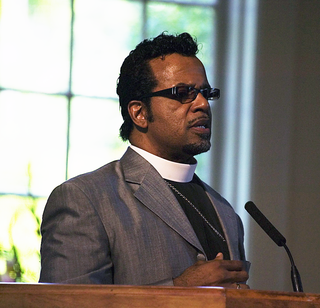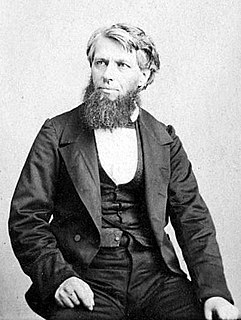A Quote by D. A. Carson
What the Bible says is what God has disclosed and we want to approach this sacred text with cognitive reverence.
Related Quotes
When we turn the Bible into an adjective and stick it in front of another loaded word, we tend to ignore or downplay the parts of the Bible that don’t quite fit our preferences and presuppositions. In an attempt to simplify, we force the Bible’s cacophony of voices into a single tone and turn a complicated, beautiful, and diverse holy text into a list of bullet points we can put in a manifesto or creed. More often than not, we end up more committed to what we want the Bible to say than what it actually says.
My claim is simply that the literary approach is one necessary way to read and interpret the Bible, an approach that has been unjustifiably neglected. Despite that neglect, the literary approach builds at every turn on what biblical scholars have done to recover the original, intended meaning of the biblical text.
The ground we have in common with unbelievers is not the Bible, but our common needs, hurts, and interests as human beings. You cannot start with a text expecting the unchurched to be fascinated by it. You must first capture their attention, and then move them to the truth of God's Word. By starting with a topic that interests the unchurched and then showing what the Bible says about it, you can grab their attention, disarm prejudices, and create an interest in the Bible that wasn't there before.
The approach we try to take here [Morris's Institute for Creation Research] is to assume that the word of God is the word of God and that God is able to say what He means and means what He says, and that's in the Bible and that is our basis. And then we interpret the scientific data within that framework.
But the Bible says that the unreached will be judged on a quite different basis than those who have heard the gospel. God will judge the unreached on the basis of their response to His self-revelation in nature and conscience. The Bible says that from the created order alone, all persons can know that a Creator God exists and that God has implanted His moral law in the hearts of all persons so that they are held morally accountable to God (Rom. 1.20; 2.14-15). The Bible promises salvation to anyone who responds affirmatively to this self-revelation of God
Now, which am I to believe, a book that any impostor might make and call the Word of God, or the creation itself which none but an Almighty Power could make? For the Bible says one thing; and the creation says the contrary. The Bible represents God with all the passions of a mortal, and the creation proclaims him with all the attributes of a God.
The best definition I can find of faith is the dependence upon the veracity of another. The Bible definition in the 11th chapter of Hebrews is, 'Faith is the substance of things hoped for, the evidence of things not seen.' In other words, faith says amen to everything that God says. Faith takes God without any ifs, If God says it, Faith says I believe it; Faith says amen to it.


































